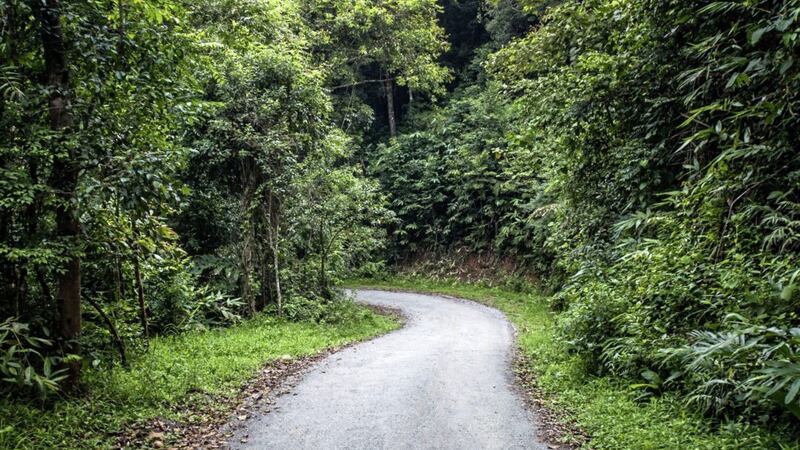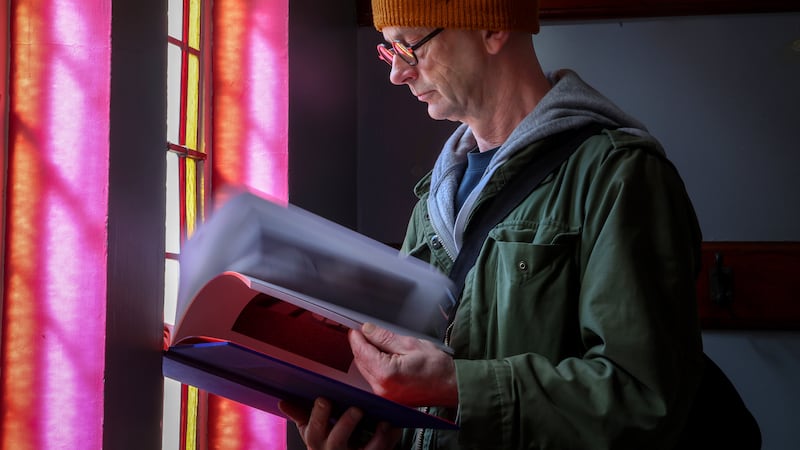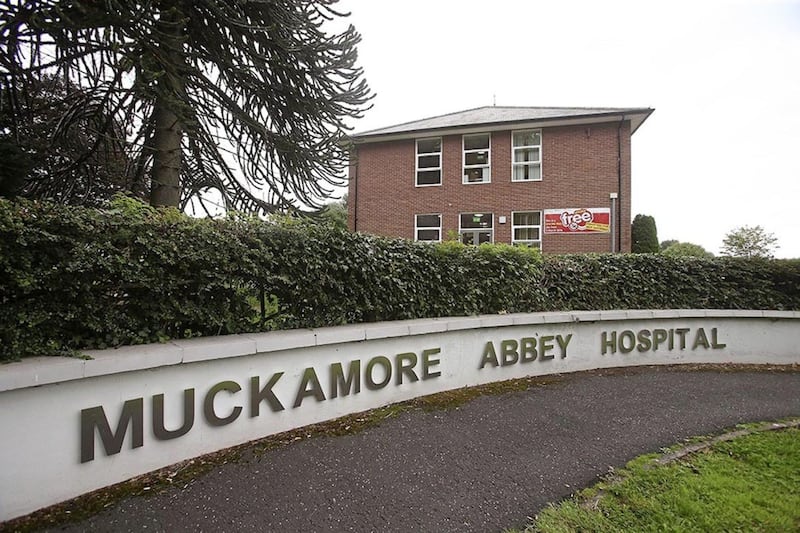SHE went over some basic questions; how often I visit the park, how I get there, what I use it for. It seemed a bit dramatic to say it had been my saving grace in a difficult 12 months of family illnesses and bereavements, so I gave bland enough answers that wouldn't horrify whoever was reading the responses.
The great Dutch painter Vincent Van Gogh wrote that "if you truly love nature, you will find beauty everywhere". He might have been thinking of something like the beautiful mature oak trees that line some of the park’s paths, or the spring blooms, or the brown Knock River that flows under the bridge – but I also like the scrunched-up bottles left on the main pitch after a youth football match, the mysterious messages that someone writes on pebbles and leaves on random tree branches and the endlessly interesting people you meet.
I’ve walked in this park at least once a day, sometimes two or three times, for the last year. We have a terrible addiction in western culture to the new and different – 'What are you doing next?', 'Where are you going?'.
When you visit the same place day after day, the thrill of the new fades away and is replaced with the much deeper experience of knowledge. I’ve watched the seasons change in this park. In winter, when the nights are long and dark, you can see big moons rise and sometimes the sharp points of stars. This New Year’s Day, you could already spot the heads of snowdrops pushing through the soil.
Walking in nature demands little from you, but gives so much. There is no pressure to 'do', just turn up and notice the robins and thrushes and a single bee on a flower.
There’s also nostalgia. This park reminds me of all the other ones I’ve known or heard of: the family stories about St Columb’s Park in Derry where my granda walked his unruly dog, the park near granny’s house where every turn on the big slide brought the thrill of walking up 12 metal steps over pure concrete and the inevitable friction burns on the way down, the park by the river where I walk with my oldest friend and her two young boys and see them share the simple joys of spotting fish or seeing a heron.
Playing with my friend’s boys, and trying to answer their questions about Minecraft and Pokemon, reminds me of some of my slightly left-field childhood interests.
One of my odder obsessions was medieval castles and monasteries. I was fascinated by Clonmacnoise, Kells and Durrow and, long before the makers of Star Wars ever expressed an interest in Skellig Michael, I quite fancied the idea of living in one of the beehive cells.
The idea of getting to read and write in relative solitude always appealed, even if the rigorous lifestyle didn’t.
Journalism on a daily newspaper offers little in the way of a regular, stress-free, routine. Any reading or writing is usually soundtracked by rolling news from three different televisions and the ever-present Radio Ulster, so my natural inclination towards quiet and calm often gets squashed in the rush to file copy.
Daily solitary walks in the park at roughly the same time every evening are my small attempt at contemplation.
The author Gretchen Rubin, who writes so well about human beings and their daily lives, says in her manifesto on habits: "What we do every day matters more than what we do once in a while."
I’ve found myself less and less interested in the new and more focused on repetition. The more often I walk in Orangefield, the more I notice about it. It’s not a perfect spot. From this month on, pallets are being collected for Eleventh Night bonfires in a patch near the bowling green. I’ve sometimes had to avoid young boys tearing around the paths on scramblers. And most sunny bank holidays bring out small groups who insist on firing up their disposable barbecues on the grass.
But when every sunny spell ends, the park is left to its loyal band of dog-walkers and slow joggers. On the paths there is no need to rush. It feels good to wander down an avenue of familiar trees and still be amazed.
:: Lynette Fay is away








